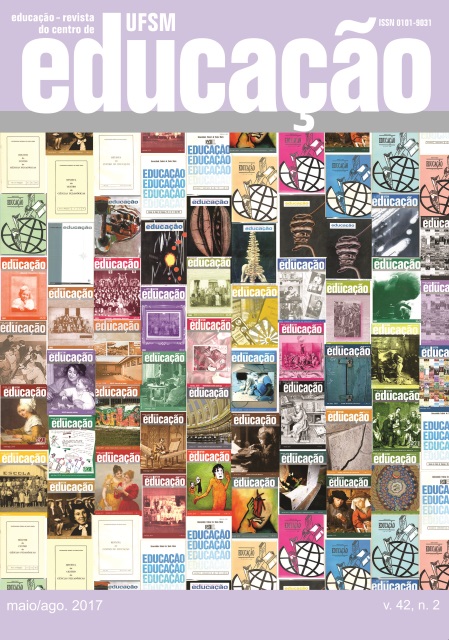Training teachers in initial actions embalo of teaching: possibilities for teaching autonomy
DOI:
https://doi.org/10.5902/1984644427514Keywords:
Didactics, Teacher formation, Course of Pedagogy.Abstract
This article aims to analyze Didactics in the initial formation of the teacher in the course of Pedagogy in its relations with the teaching practice. Problematizes Didactics as a discipline focused on teacher formation articulated to teaching practice. The methodology is a qualitative approach and the analysis is based on student narrative collected in the self-assessment of the Didactics course of the course of Pedagogy of an IES in the city of Curitiba. The contributions of the studies include Martins, Veiga, Romanowski and Santos, and others, who discuss the understanding of this discipline and its interlocution with the practice for the formation of teachers. The results show that Didactics enables students to understand learning situations based on the problematic social practice based on the experiences and experiences of the teachers and students of the basic school.Downloads
Published
How to Cite
Issue
Section
License
Declaration of originality
We declare that all articles present in the journal Educação (UFSM) are originals and were not submitted for publishing on any other publication, as a whole or a fraction. We also declare that, after being published by Educação (UFSM), a paper will not be submitted to another journal within two years. After this time, our journal transfers the publishing rights to the authors, with a permit granted by the Editorial Council.
We also acknowledge that the originals’ submission to Educação (UFSM) implies on a transference of copyright for physical and digital publishing to the journal. In case of noncompliance, the violator will receive sanctions and penalties predicted by the Brazilian Copyright Protection Law (n. 9610, dated 19/02/98).
Attribution 4.0 International (CC BY 4.0)
This license lets others remix, transform, and build upon the material for any purpose, even commercially, and copy and redistribute the material in any medium or format.

This work is licensed under a Creative Commons Attribution 4.0 International (CC BY 4.0)






